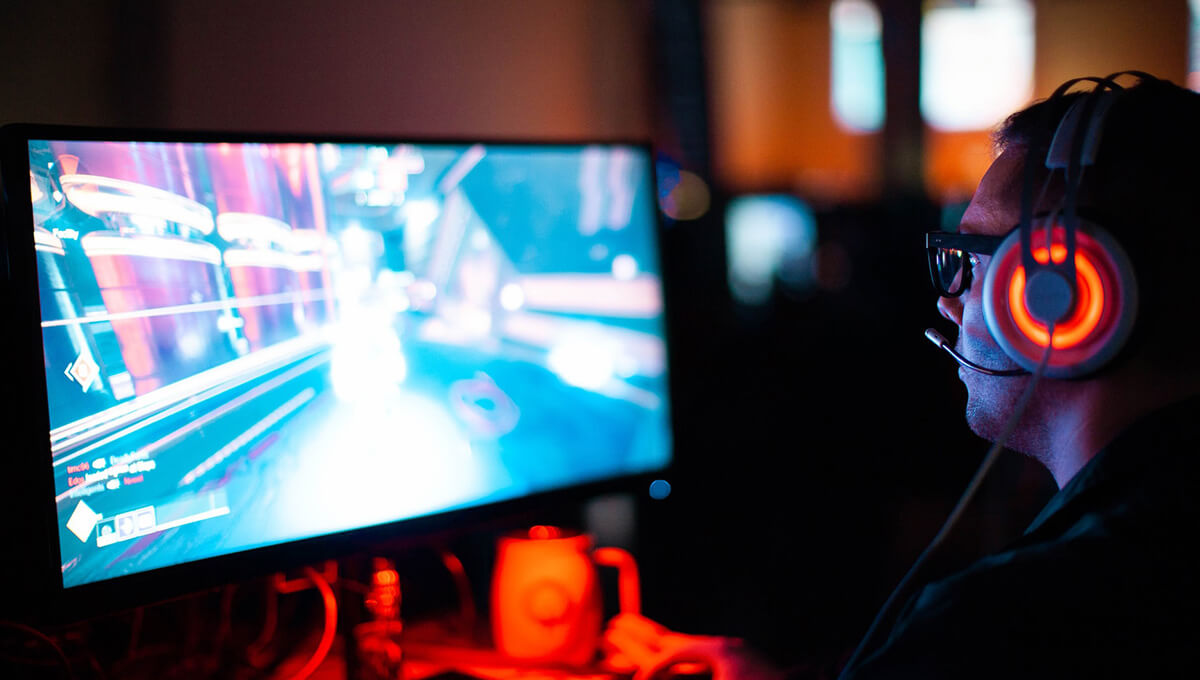Gaming culture has evolved into a significant global phenomenon, transcending geographical, cultural, and social boundaries. It encompasses a wide range of activities, communities, and experiences, reflecting diverse perspectives and practices.
Here’s an exploration of gaming culture across the globe:
1. Diverse Gaming Genres and Preferences:
- Regional Preferences: Different regions often have distinct gaming preferences. For example, role-playing games (RPGs) are immensely popular in Japan, while first-person shooters (FPS) and battle royale games dominate in North America and Europe.
- Mobile Gaming: In many parts of Asia, particularly in countries like China and India, mobile gaming has surged in popularity due to the widespread use of smartphones and affordable internet access.
2. Cultural Influences:
- Storytelling and Folklore: Many games draw on local myths, legends, and cultural narratives. For instance, games like "Okami" and "Ghost of Tsushima" incorporate elements of Japanese culture and history, while "Assassin's Creed" series explores various historical contexts from around the world.
- Art and Aesthetics: The visual style of games often reflects cultural aesthetics. For example, games from South Korea may feature vibrant colors and stylized characters, while Scandinavian games might emphasize minimalism and nature.
3. Community and Social Interaction:
- Online Communities: Gaming has fostered vibrant online communities where players connect, share experiences, and collaborate. Platforms like Discord, Twitch, and Reddit host discussions, streaming, and fan art, creating a sense of belonging.
- Esports: Competitive gaming has become a global spectacle, with professional leagues and tournaments attracting millions of viewers. Countries like South Korea, the United States, and China have established robust esports ecosystems, with dedicated fans and sponsorships.
4. Cultural Events and Conventions:
- Gaming Conventions: Events like E3, PAX, and Gamescom bring together gamers, developers, and industry professionals from around the world. These conventions showcase new games, foster networking, and celebrate gaming culture.
- Local Festivals: Many countries host their own gaming festivals, celebrating local game developers and communities. For example, Brazil has events like BGS (Brazil Game Show), which highlights the growing gaming culture in Latin America.
5. Impact of Streaming and Content Creation:
- Influencers and Streamers: Platforms like Twitch and YouTube have given rise to gaming influencers who share gameplay, tutorials, and commentary. These content creators play a significant role in shaping gaming culture and trends.
- Community Engagement: Streamers often interact with their audiences in real-time, creating a sense of community and shared experience. This engagement fosters loyalty and connection among fans.
6. Cultural Representation and Diversity:
- Inclusive Narratives: There is a growing emphasis on diversity and representation in gaming narratives. Games are increasingly featuring characters from various backgrounds, genders, and sexual orientations, reflecting a broader range of experiences.
- Cultural Sensitivity: Developers are becoming more aware of cultural appropriation and sensitivity, striving to create authentic representations of cultures in their games.
7. Gaming as a Tool for Education and Social Change:
- Educational Games: Many games are designed to educate players on various topics, from history to environmental issues. Games like "Minecraft: Education Edition" and "Kerbal Space Program" promote learning through interactive experiences.
- Advocacy and Awareness: Gaming culture has been used to raise awareness about social issues, such as mental health, climate change, and social justice. Initiatives like "Games for Change" leverage gaming to promote positive social impact.
8. Challenges and Controversies:
- Toxicity and Harassment: Online gaming communities can sometimes harbor toxic behavior, including harassment and discrimination. Addressing these issues is crucial for creating inclusive and safe gaming environments.
- Regulation and Censorship: Different countries have varying regulations regarding gaming content, leading to censorship or restrictions on certain games. This can impact how games are developed and received in different regions.
Conclusion:
Gaming culture is a rich and multifaceted phenomenon that reflects the diversity of human experience across the globe. As technology continues to advance and the gaming community evolves, the cultural significance of gaming will likely grow, influencing not only entertainment but also education, social interaction, and cultural exchange. Embracing this diversity can lead to a more inclusive and vibrant gaming landscape that celebrates the unique contributions of players and developers from all corners of the world.






